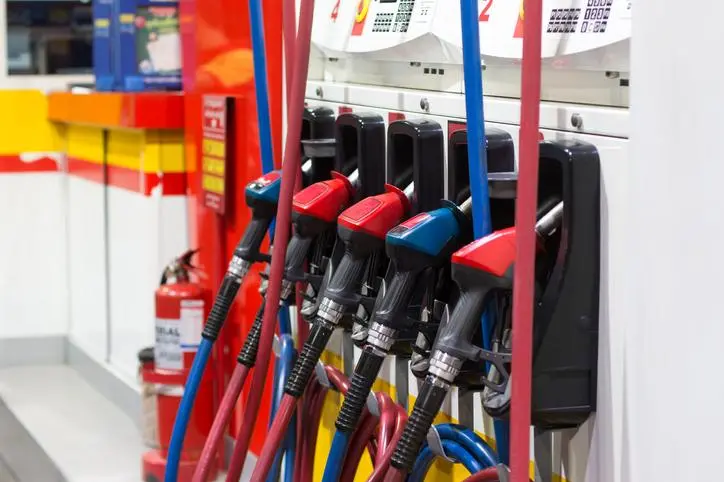PHOTO
TOKYO - Oil prices slipped on Friday, though they held onto most of the gains from the previous session, after Russian President Vladimir Putin indicated he was prepared to extend record supply as cases of COVID-19 surge in the United States and Europe.
Brent crude were down 24 cents, or 0.6%, at $42.22 a barrel by 0634 GMT having risen 1.7% on Thursday, while U.S. oil was 28 cents, or 0.7%, lower at $40.36, following a 1.5% gain in the previous session. Both contracts are heading for their first weekly loss in three.
There was no discernible impact on prices immediately after the last debate between U.S. President Donald Trump and Democratic presidential challenger Joe Biden, although the latter's clean energy plans put the spotlight on oil companies and stocks.
Prices started slipping later in the session after holding steady for most of the Asian trading day and throughout the debate.
Putin said on Thursday that Russia did not see a need for major oil producers to alter a deal on cutting global supply, but did not rule out extending oil cuts if market conditions warranted.
His comments were the clearest indication so far from Russia, one of the world's top oil producers, that it is prepared to extend unprecedented curbs on output to meet the demand slump caused by the pandemic.
"Heading into the weekend what people are watching are two things: disappointing real-time demand data as a new COVID-19 wave flares ... and the looming OPEC/non-OPEC production decision at the end of next month," said Mark Finley, senior fellow in energy and global oil at Rice University's Baker Institute for Public Policy.
Russia has allied with the Organization of the Petroleum Exporters (OPEC), in a grouping known as OPEC+, in making the cuts to production that are due to be lifted at the end of year.
The spiralling numbers of new infections of COVID-19 in Europe and the U.S. is likely to keep a lid on prices, analysts say, with fresh coronavirus restrictions suggesting more pressure on fuel demand.
Several U.S. states reported record daily increases in infections on Thursday, further evidence that the pandemic is accelerating as cooler weather takes hold in many parts of the country.
France extended curfews for about two-thirds of the country's population, while Belgium's foreign minister was taken into intensive care with COVID-19, as the second wave of the pandemic swept across Europe.
(Reporting by Aaron Sheldrick Editing by Shri Navaratnam and Michael Perry) ((aaron.sheldrick@thomsonreuters.com; 81-80-2677-4134;))





















